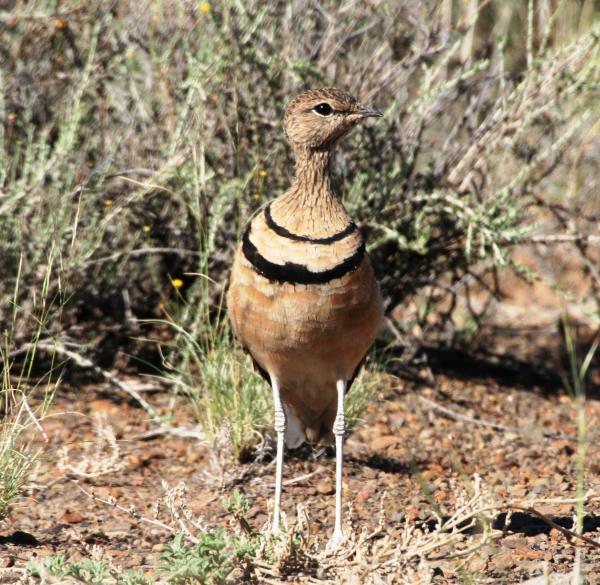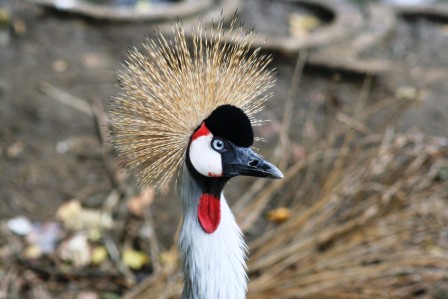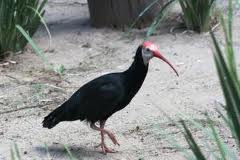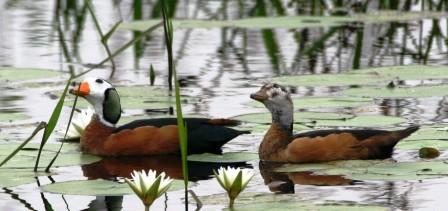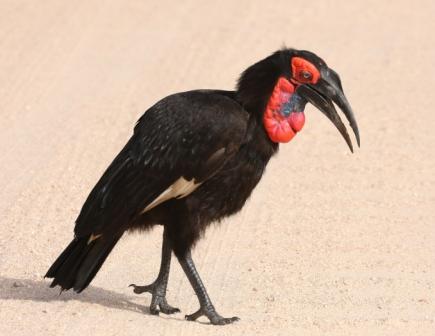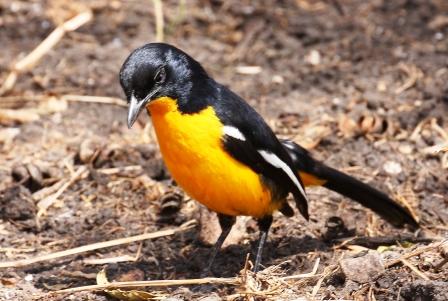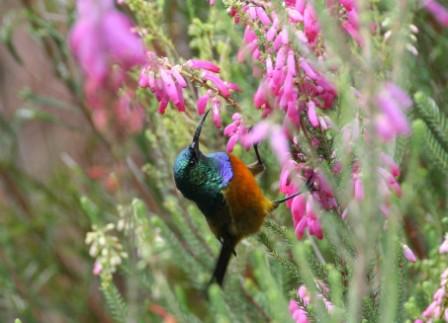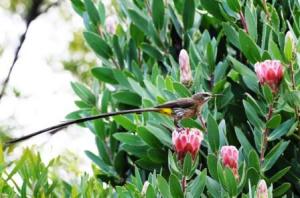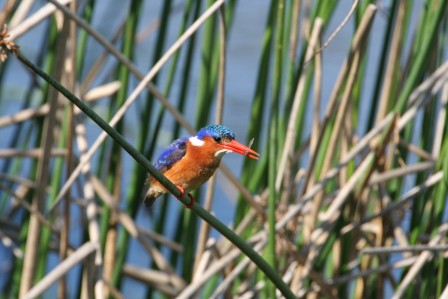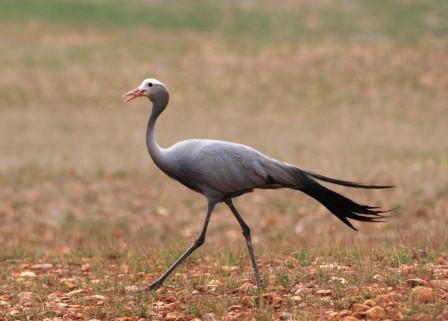|
|
JOIN OUR MAILING LIST |
|
Newsletter / Blog 2013-03-07 THE EWT AND ICF WELCOME CITESÂ’ DECISIVE CONCLUSION ON TRADE OF GREY AND BLACK CROWNED CRANES THE EWT AND ICF WELCOME CITES’ DECISIVE CONCLUSION ON TRADE OF GREY AND BLACK CROWNED CRANES
Start
Tanzania, Rwanda, Uganda, Guinea, Nigeria, Sudan and South Sudan all underwent a full review, conducted by the CITES Significant Trade Review Process, of their wild caught Black and Grey Crowned Crane trade in order to determine the impact of this trade on their wild crane populations. This CITES suspension is in place until the country in question can prove that export will not be detrimental to the wild population and that they are able to successfully monitor export permits granted and actual exports, with the goal of limiting exports in order to maintain the species.
Nigeria was included in the final review, and has been removed from the CITES Significant Trade Review process as the Management Authority of Nigeria has not issued an export permit for commercial trade of the species since 2005. The reason for this course of action is due to the fact that there is no reliable population data for the Nigerian species. Furthermore, the Management Authority has not, to date, registered or recognized any captive-breeding facility for any wild animal species. Therefore, until further notice, any permit originating from Nigeria for captive-bred species of wild animals is illegal and should not be accepted.
The Endangered Wildlife Trust (EWT) and the International Crane Foundation (ICF) were instrumental throughout Trade Review Process as they supplied CITES with crucial data about the state of trade in cranes on the African continent.
Said Kerryn Morrison, Manager of the ICF/EWT Partnership’s African Crane Conservation Programme: “We welcome the decision from CITES as these species of cranes are under very real threat from live trade, partly because they are in high demand – they are unique looking, iconic of Africa, and tolerate being displayed in groups and with other species – but also because there are fewer effective controls in many of their countries of origin. In addition, many of the players involved in the demand and supply sides of this trade still believe that these species are plentiful. Without urgent attention, this trade could lead to loss of these birds from much of Africa.”
The cranes are removed illegally from the wild, usually as chicks, for the captive trade market. In some cases, this involves domestication where cranes are kept in private gardens, around homesteads and in hotel gardens. There is however, a big demand for the species in captive facilities around the world where they are either placed in private breeding facilities or in mixed exhibits in captive facilities open to the public where they add value to savanna exhibits. In South Africa, legal pairs of cranes are often used to legitimise chicks taken illegally from the wild. However, parentage testing of chicks is now available in the country and can be used to halt such illegal activity.
In response to the plight of the Grew Crowned Crane and in support of CITES, the Endangered Wildlife Trust (EWT) and the International Crane Foundation (ICF) are proud to announce the release of a new online video entitled: Grey Crowned Cranes Need Our Help! The video can be viewed here
This four minute video represents an important tool for raising awareness of the severe threat that trade poses to the species’ survival, and will enable zoos, researchers, and concerned citizen conservationists to help address one of the greatest needs: alerting captive facilities, wildlife authorities and the public about actions they can take to safeguard this charismatic species.
“Nowhere in the world are captive crane populations managed sustainably at this time. The African Crane Trade Project is, however, working with formalised zoo associations in Africa, North America, China and Europe to create managed programmes that aim to develop and manage sustainable populations of Grey Crowned Cranes, thus alleviating the need for wild caught cranes to supplement captive stock. Note though, that only 1 200 zoos of the 12 000 estimated captive facilities around the world belong to these formalised zoo associations. Therefore, it is clear that more urgent attention must be paid to communicating to, and educating a far wider stakeholder group involved in the captive trade,” commented Morrison.
The African Association of Zoos and Aquaria (PAAZAB) is working with the African Crane Trade Project through its members to reduce the threat, but very few captive facilities in Africa belong to PAAZAB. Through the establishment of sustainable and well managed captive crane populations within PAAZAB, the need for wild caught cranes will no longer be necessary.
“The irony is that South Africa, whose rhino population is being poached to satisfy Asian demand, is itself guilty of decimating the wild populations of Black Crowned Cranes in Guinea and Sudan as we continue to allow wild caught cranes from these regions into our country. But you can make a difference! Please report all incidences of trade to the EWT at kerrynm@ewt.org.za so that we can obtain as much information on the trade as possible, and can pass the information on to the relevant authorities for follow up,” concluded Morrison.
The African Trade Project is sponsored by Abilene Zoo, Chinese Association of Zoological Gardens, Columbus Zoo and Aquarium, Dohmen Family Foundation, Miami Zoo and Weltvogelpark Walsrode. For further information about the African Crane Trade Project and the EWT’s African Crane Conservation Programme please contact Kerryn on kerrynm@ewt.org.za. Learn more about the African Crane Trade project and download our How Zoos Can Help fact sheet to learn how zoos can become involved.
|
| Back | Back to top |
 |  | Cape Town Tourism 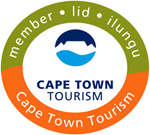 |
|||||||||||||

